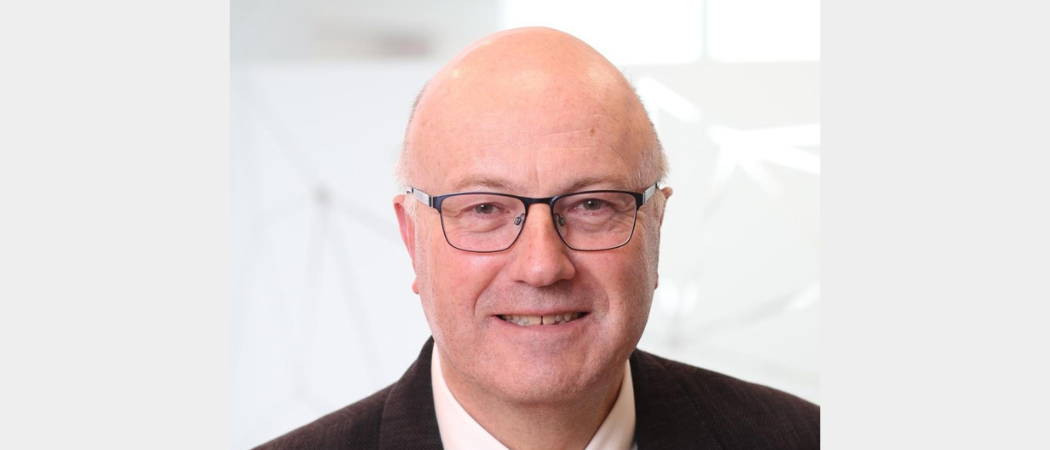After problems in oversight and carrying out due diligence that continue to delay payments to start-ups, the Commission is transferring management of its equity fund to the European Investment Bank. The formal handover expected to complete in September

Mark Ferguson, interim chair of the EIC Board
The European Innovation Council’s (EIC) equity fund is to move fully away from in-house European Commission management in September, when it will formally be put in the hands of the European Investment Bank (EIB). AlterDomus, a Luxembourg-based fund manager, will take the final decisions on which companies are invested in.
In practice this arrangement has been in place since last September, under a transitional agreement, but this only covered financing signed off in 2021 and 2022. The permanent deal covering all funding from 2023 onwards is still being negotiated between the two EU institutions.
Insiders say while possible, these negotiations are unlikely to have any consequences for the functioning of the fund, if a deal is reached by June, as foreseen by the negotiators. From that point it can be applied in good faith without formal signing of the agreement, which is not expected to take place until September.
The €7 billion EIC Accelerator programme had a bumpy start in the EU’s €95.5 billion Horizon Europe research and innovation programme. Its first-of-its-kind equity fund that directly invests in start-ups was introduced at the start of the programme in 2021, after a successful three-year pilot phase. But after the full scale roll out, the Commission quickly ran into management issues, with its budget directorate raising concerns about the risks of the Commission – with little in-house expertise in due diligence - selecting which start-ups to invest in.
Long negotiations ensued, while the Commission worked on outsourcing management of the fund, during which time no money could reach the start-ups that had already been awarded funding. As a result, over 200 companies were left in the lurch, having drawn up business plans in the expectation the money would be in their bank accounts.
While the Commission has been rapidly working through the backlog since last September, earlier this month companies selected for funding in the October 2022 cut-off round received a notice of further delays. These have reportedly been resolved since, and had to do with ‘internal discussions’ over grants – which complement the equity funding given out to companies – according to a Commission spokesman.
Mark Ferguson, interim chair of the EIC Board, which oversees the programme, says EIC is making rapid progress towards meeting the goal of getting grants out within four to five months of the call deadline, as set by the board. There is is still a backlog to work through, but 70 deals were signed in the last two months. “That’s a big number,” says Ferguson. “The board has set the [target] for the time to grant, and there’s good progress towards meeting this.”
Ferguson expects EIC to be on track to get the financing to start-ups within the target time by the end of the year. From the dismal start in 2021, when it took up to 11.5 months for the money to reach start-ups, there has been a major improvement. In 2022 the average time was 7.2 months for the first 2022 cut-off and 6.5 months for the second cut-off. In some cases, time to grant was as short as the target of 4 months.
Not much will change when the permanent agreement on external management of the equity fund comes into effect, Ferguson said. “It’s moving to full indirect management, but there will only be a small number of changes in that. The fund is working well, and the board has been monitoring this very carefully.”
There is a promise of improvements elsewhere in the system, with Ferguson saying a revision of the Accelerator application process will get underway soon. While the first part of the application, involving a video pitch, a slide deck and a short questionnaire, has been working well, the second part is still too long and cumbersome. This is due to change, likely starting with the next EIC work programme in 2024.





 A unique international forum for public research organisations and companies to connect their external engagement with strategic interests around their R&D system.
A unique international forum for public research organisations and companies to connect their external engagement with strategic interests around their R&D system.